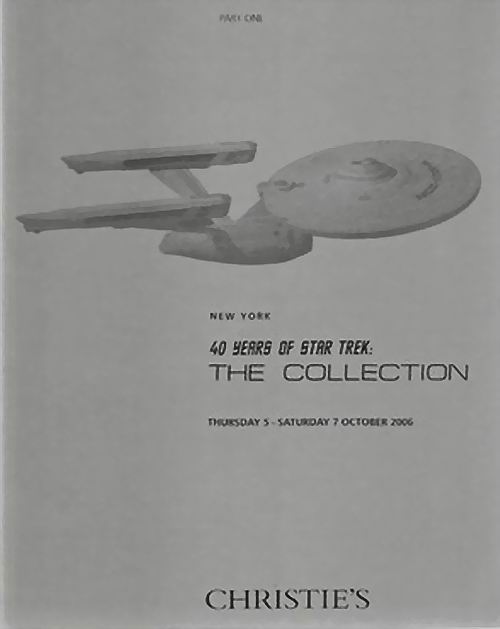Re: NFL Auctions Pricing Reaching Unreasonable Levels?
Gentlemen, I think we're beating a dead horse.
Gentlemen, I think we're beating a dead horse.

 Still, on my very limited income I have been able to build a rather extensive and vintage Jets collection with not a single item purchased from an auction house or NFL auctions. I never purchase for investment, profit, or resale, only for the love of the Jets. Maybe a better thread would be how auction houses have turned the hobby into a business and have de personalized (yes I think I am making up words now ala Roger Clemens) the hobby to a certain extent. Trading and communicating with fellow collectors in your area of specialty is definitely on the decline.
Still, on my very limited income I have been able to build a rather extensive and vintage Jets collection with not a single item purchased from an auction house or NFL auctions. I never purchase for investment, profit, or resale, only for the love of the Jets. Maybe a better thread would be how auction houses have turned the hobby into a business and have de personalized (yes I think I am making up words now ala Roger Clemens) the hobby to a certain extent. Trading and communicating with fellow collectors in your area of specialty is definitely on the decline.
Comment